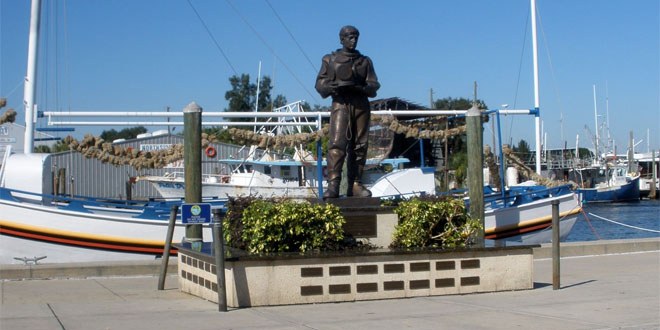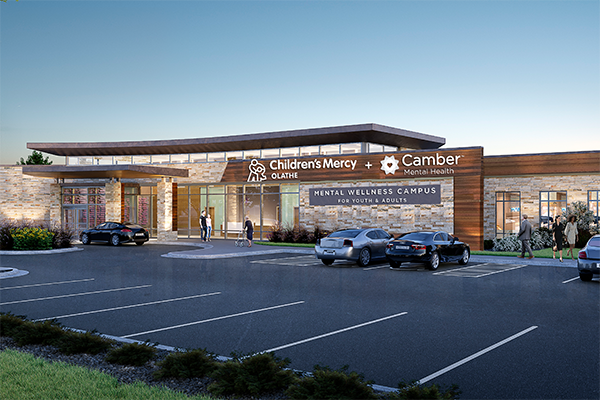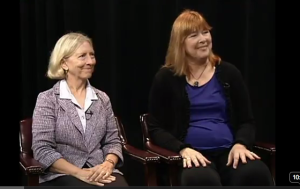First Trauma-Informed City Emerges in Florida

*Photo: waterfront in Tarpon Springs, FL; the “sponge capital of the world”.
Tarpon Springs, Fla. is the first city in the country to declare itself a trauma-informed community. According to ACES Too High, the city’s 24,000 residents are committed to engaging with people from all walks of life in order to reduce trauma and promote healing.
The initiative was developed in 2010 by Robin Saenger, Tarpon Springs’ vice-mayor from 2005-2011. Saenger recognized the need for a cultural shift in order to create a more peaceful community and reached out to her good friend, Dr. Andrea Blanch, senior consultant at the National Center for Trauma-Informed Care. Together, they created the Peace4Tarpon initiative so the community could increase awareness of issues facing members of their community who have experienced trauma. A steering committee for the project is made up of around 30 local community members and professionals.
The project is a long-term initiative, but it has already generated some changes:
- Elementary school teachers and staff are asking different questions about why students have difficulty learning
- A 68-year-old resident who had experienced severe trauma during childhood attended a conference that helped her review her experiences and advocate for trauma prevention
- A trauma-awareness training program was set up by the local housing authority to help residents experiencing health problems, job loss or home loss
- The Pinellas Ex-Offender Re-Entry Coalition changed their program to offer more tools and help ex-offenders feel more optimistic after discovering many had experienced severe trauma
“There’s no trauma-free zone in the world. Everyone’s experienced trauma in one form or another, and usually does on a regular basis throughout the course of a lifetime.” -Robin Saenger
Click here to read more about Tarpon Springs’ trauma-informed community. KVC Hospitals collaborated with Dr. Glenn Saxe, Director of the NYU Child Study Center and founder of Trauma Systems Therapy (TST), to implement TST in our hospital system. This evidence-based treatment provides children and adolescents with paths to recovery from traumatic experiences.





